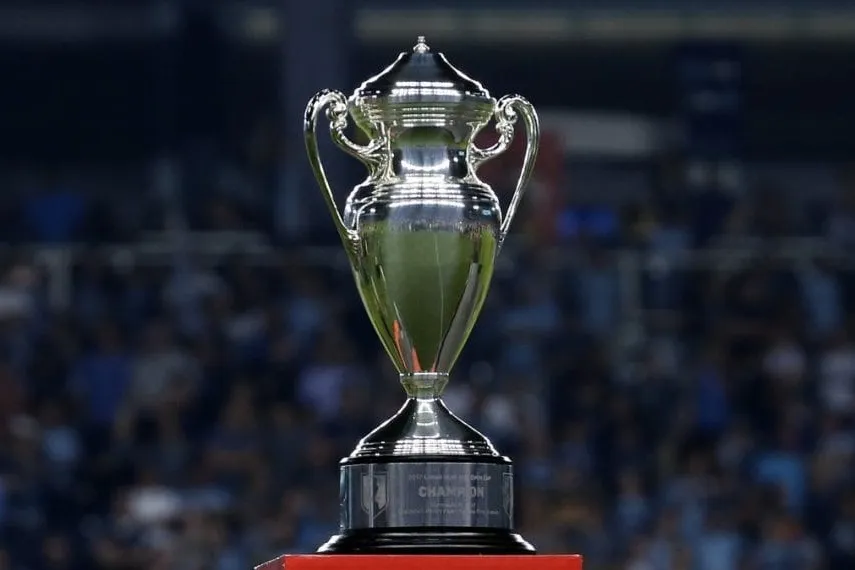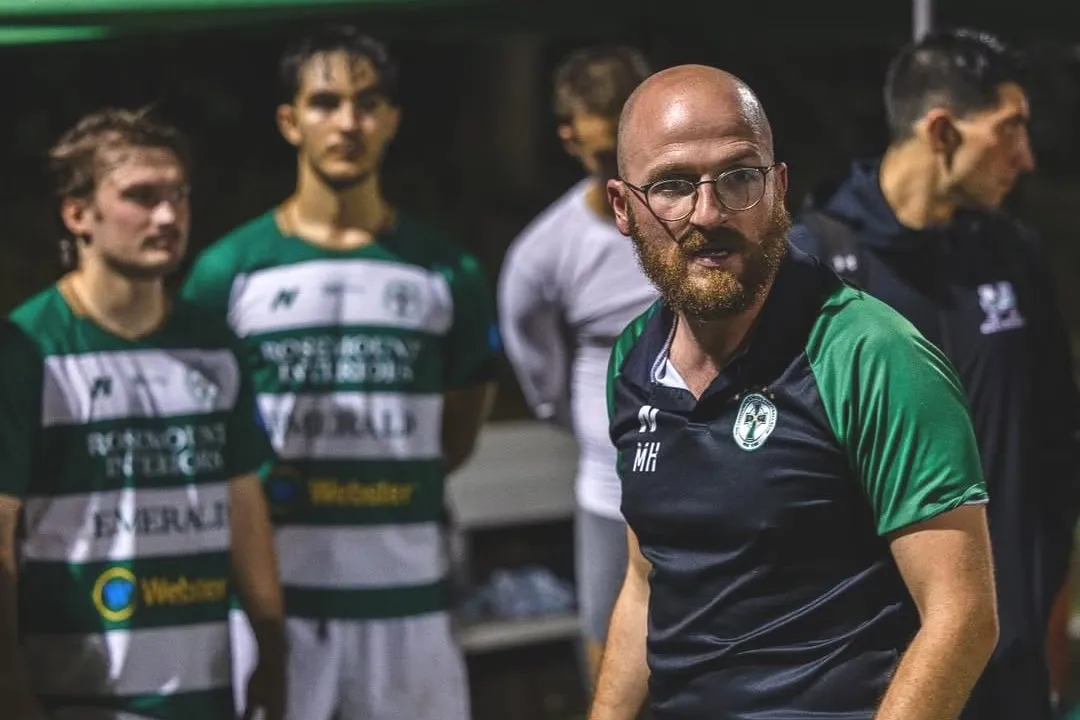The 2024 Lamar Hunt US Open Cup is at risk of being canceled, with Major League Soccer and US Soccer yet to come to a tenable agreement on a format for the tournament. According to multiple sources, the Division 1 league has the federation “held hostage” and, as of Friday, MLS first teams are not participating.
This report comes from sources close to the situation, all who wish to remain anonymous. US Soccer and Major League Soccer did not reply to requests for comment for this article.
MLS holds the US Open Cup chips
As recently reported by Jeff Rueter of The Athletic, US Soccer and Major League Soccer are currently engaged in near-daily discussions since the start of the year regarding the Open Cup. This followed the league’s attempted pullout of its teams from the tournament in mid-December and attempt to replace them with MLS NEXT Pro sides. That plan was, supposedly, nullified when US Soccer denied MLS’s waiver to allow the reserve teams into the tournament.
MLS Executive Vice President of Sporting Product and Competition Nelson Rodriguez told reporters that the league had no plans to appeal the decision.
Rueter's article goes on to list the potential solutions. They include excluding the teams participating in the ongoing Concacaf Champions Cup, giving MLS teams the choice to participate with either their first or reserve teams, or for MLS to expand its own roster rules to cut down on player fatigue.
Interestingly, Rueter's article mentioned that the US Open Cup Committee joined the ongoing discussions last week. However, when asked, a member of the committee commented that “the committee has been left in the dark, from the beginning of the MLS announcement.”
That committee member noted that they and fellow member David Applegate, the US Soccer Director of Competitions, were not included in the Open Cup talks at last week’s Annual General Meeting (AGM) in Dallas, TX.
That AGM included proposals for the Open Cup from Major League Soccer, USL, and the Adult Soccer Council. The latter of which included a stipulation that all 32 amateur teams in the tournament play a professional team. That one also included MLS entering ten teams in the Round of 32.
Open Cup Committee made a proposal, USL made a proposal, and MLS made a proposal...
— Chris Kessell (@THEChrisKessell) February 8, 2024
Line in the sand from Open Cup Committee... all 32 Amateur teams will play against Pro teams.
Right now that looks like it is going to happen.
MLS did not like either party’s proposal because they still included the involvement of the majority of first teams.
Despite the waiver rejection by US Soccer, the federation still appears to be on the backheel. While Division 1 sanctioning guidelines require MLS to compete in the US Open Cup, de-sanctioning it would have a huge butterfly effect. Including, ironically, aiding the North American Soccer League in its ongoing anti-trust lawsuit.
There is also the simple fact that if the tournament is canceled, MLS cannot be de-sanctioned for not participating in it.
USL tells teams situation is bleak
This week, the United Soccer League held an emergency Board of Governors meeting. There, according to a source with direct knowledge of the events, members were presented a proposal regarding the Open Cup business model. This included how costs would be split, with less game-day revenue staying with the USL teams.
The number being floated was a 60/40 revenue split for any match in which an MLS team traveled to a lower-division opponent. Currently, the away team does not get a percentage of gate revenues for Open Cup games. The only deductions for host teams, especially lower league ones, is the hosting fee set by US Soccer (which varies per round and opponent) and a percentage of revenue, less a deductible.
For context, in the current format, away teams receive travel reimbursement from US Soccer.
The proposal also included a format that was described as "very favorable" to MLS teams. This format could not be confirmed. However, a source within US Soccer claimed MLS wanted to enter eight teams only into the competition and have them come in during the Round of 16. The last time this sort of format happened was the 2011 US Open Cup, the last year MLS teams went through qualifying for the tournament.
Unsurprisingly, the USL members rejected the proposal.
Later in the week the USL held additional meetings with teams directly, specifically those that were in the US Open Cup, to inform them of the ongoing situation. Many left the meeting feeling that Major League Soccer will pull out of the tournament and US Soccer will cancel the event. According to a source, USL told teams they should leave the current schedule, including the current Open Cup windows, alone and “discuss changes to the Open Cup starting in 2025."
Some did feel the event would go on with MLS NEXT Pro teams after all.
Making sense of the madness
Following the initial announcement in December, I wrote a column saying MLS is backing out of the US Open Cup for two reasons: money and control. According to sources, I was right.
A source close to the USL side of the situation has said Major League Soccer is not looking for a true solution to the Open Cup problem. Despite saying player fatigue and schedule congestion are the main issues, the league and its player association refuse to change roster rules to allow more players. Additionally, the demanded changes to the tournament are so extreme they won’t be considered practical.
Instead, the league wants the competition either fully gone or not given any spotlight, i.e. by using reserve teams. The source noted MLS’s frustration with the closing gap between the two entities both on the field and in the front offices. Many USL teams have been making historic transfers to Europe, one of which was Orange County SC’s record transfer fee sending defender Kobi Henry to French club Stade de Reims.
Coincidentally, not long after, a Major League Soccer team tried unsuccessfully to kick Orange County out of its stadium for its reserve team.
While MLS Executive Vice President of Sporting Product and Competition Nelson Rodriguez told reporters that the “fear of losing” did not play into the first teams wanting to forgo the Open Cup at a press conference following their waiver rejection, a few in USL disagree. And there is some evidence to their point. In the last three Open Cup tournaments, USL Championship has had two quarterfinalists (2019), a finalist (2022), and two quarterfinalists (2023).
If MLS NEXT Pro teams took the place of first teams, it’s a win-win for Major League Soccer. The league would get to fulfill its public goal of allowing younger players a chance to develop by competing against professional teams. At the same time, the move would rob any spotlight from the lower-division teams and has the potential bonus of a reserve team getting a win or two.
In the end, though, it seems Major League Soccer’s goal is clear: To split with the US Open Cup.









